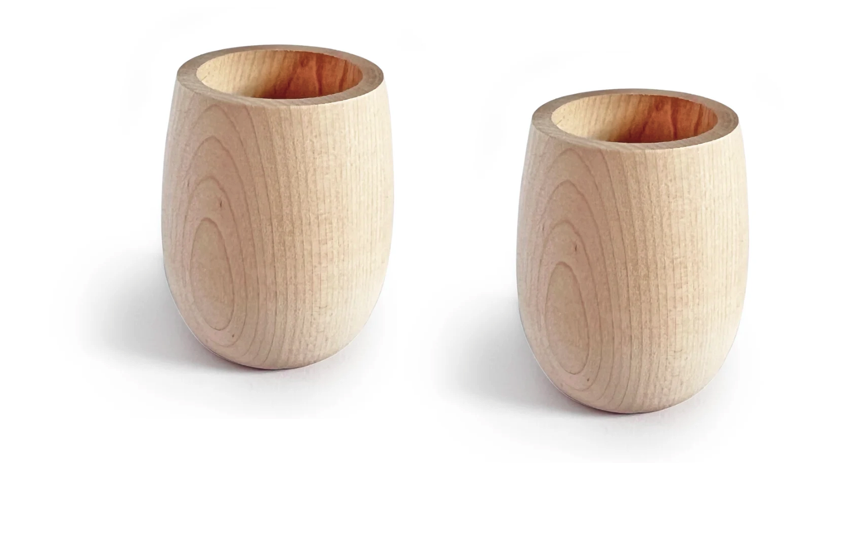The Synoptic gospels depict the Last Supper as being a Passover meal. During that Passover celebration, at least on two occasions Jesus instructed his disciples to distribute a cup among themselves.
In a traditional Passover Seder, four cups of wine are drunk. Jesus may have used the structure of a traditional Passover seder when instituting the Lord’s Supper.
In Luke we read, “he took a cup, and when he had given thanks he said, ‘Take this, and divide it among yourselves.’ … And in the same way he took the cup after they had eaten, saying, ‘This cup that is poured out for you is the new covenant in my blood’" (Lk. 22:18,20).
As already mentioned, a traditional Passover Seder incorporates four cups of wine. The first and second cups precede the meal, while the third and fourth cups follow the meal.
Why four cups? One explanation is each cup addresses one of God’s four promises in Exodus 6:6-7: "I will bring you out … deliver you … redeem you … and will take you to be my people." Most commonly these cups are called: the cup of sanctification, the cup of deliverance, the cup of redemption and finally, the cup of praise.
We know from Luke’s gospel that the Last Supper involved sequential cups. Since we also know Jesus associated the cup with his blood after the meal, a reasonable suggestion surfaces. Jesus used the third cup, the cup of redemption, to focus his disciples upon his blood
Imagine what that night would have been like for the apostles. With the third cup, they would have expected Jesus to offer a benediction about God’s redeeming deliverance from Egypt. Instead, Jesus focused them upon his redeeming covenantal blood (Matthew 26:27-28).
The Gospel of John opens identifying Jesus as the lamb of God who takes away the sins of the world (John 1:29). John would later write about Jesus in Revelation, "you were slain, and by your blood you ransomed people for God from every tribe and language and people and nation" (Revelation 5:9).
Today, when we assemble on the Lord’s day to partake of the Lord’s Supper, Jesus’ words call us to focus upon the most significant event in human history and in our lives. He died for us, that we might live.
- Do People Change? People Do! - 2026-02-25
- AI and the New Inbreeding - 2026-02-18
- A Starting Point: The Passion of the Christ - 2026-02-11
